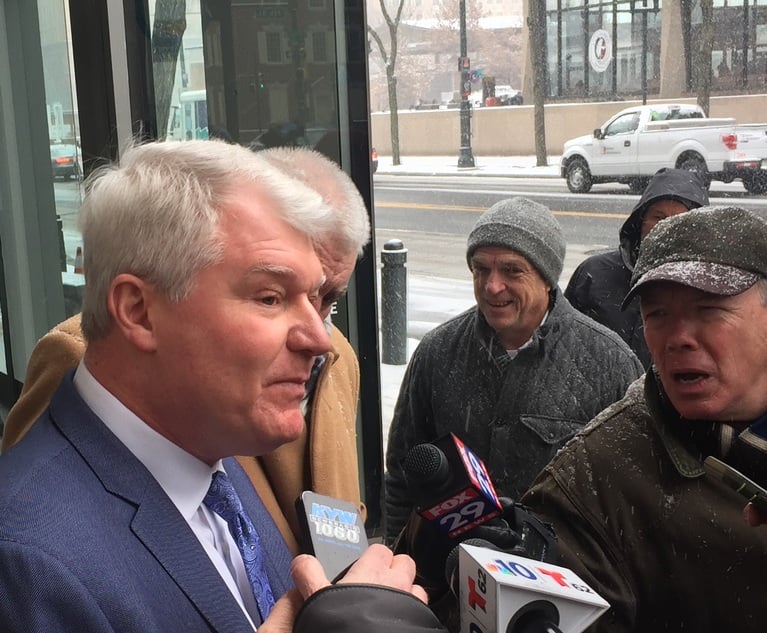Lawyers, as a group, just don’t seem to “get it.” Some do, others try, but many lawyers still seem oblivious to the ever-changing swirls of ethics and technology that apply to our profession. Based on the feedback from this column, I can only conclude that many lawyers still do not recognize, or do not want to recognize, the extent to which technology and ethics intersect every aspect of their lives (both professional and personal), and how their failure to address these issues can impact their clients and their practices.
With that in mind, here’s my top-eight wish list of techno-ethics matters for which I hope lawyers will finally “get religion” in 2019.


 Daniel J. Siegel.
Daniel J. Siegel.




